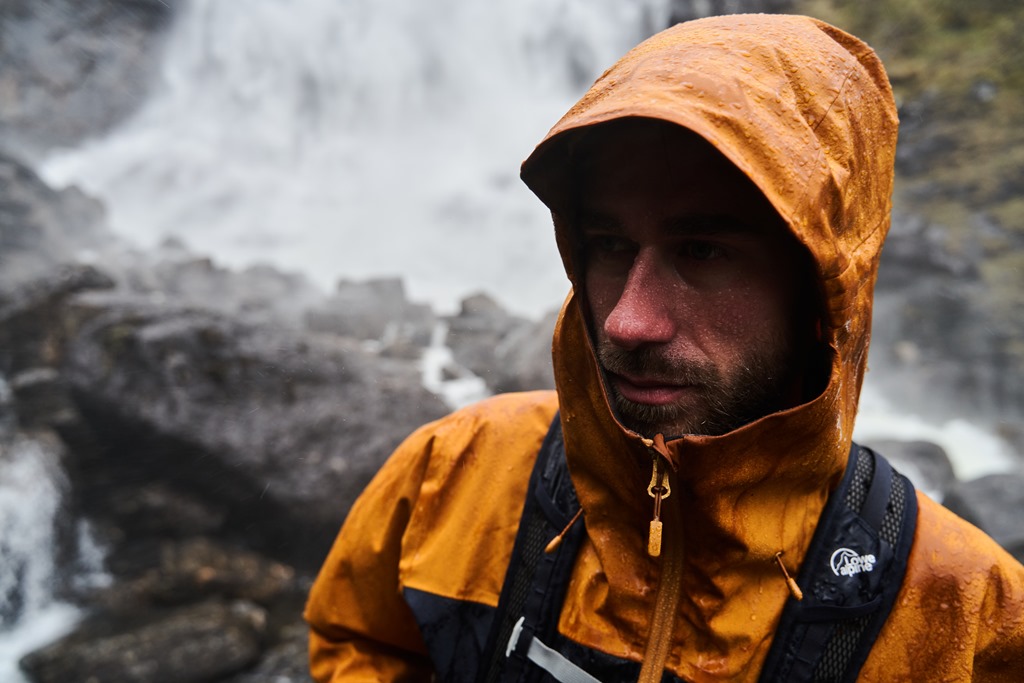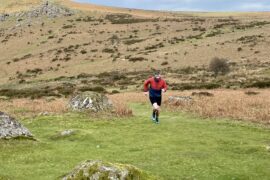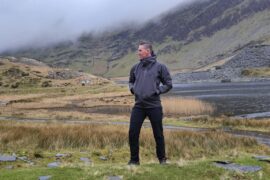Take a look as we unravel the steps taken by our ethical manufacturers to make our waterproof jackets better on the planet and kinder to those who make them.
…
Over the last few years many of our suppliers have put great work into the advancement of outdoor equipment technologies, specifically with the goal of making their products as good for the planet and those who make them as they can. Today on the TL blog we’ll be highlighting some of the fantastic steps taken by companies like Patagonia, Rab, Páramo and more to show you exactly what kind of things can be achieved when making one of the classic British outdoor essentials, a waterproof jacket.
With more cold months ahead, it is vital that we keep ourselves warm and dry. In wet conditions, second only to staying at home (no thanks!), the waterproof jacket coupled with some stylish waterproof trousers is the most efficient way of keeping you dry when out hiking across rainy hills. When it comes to picking our brands at the beginning of each season, it is very important to us that each shows at least some steps forward into more ethical practices. We’ll start with one of the most innovative advances.
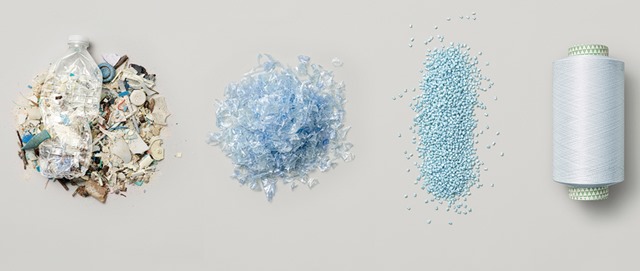
Our brands are making innovative, high-performing fabrics out of discarded waste
That’s right! Over the years, new ways have been innovated that now allow our brands to create incredibly well-performing fabrics from discarded consumer waste. At the forefront of this process was Patagonia who can now proudly say that 89% of their polyester products are made using recycled waste. Many of our other brands also utilise this, the main form of recycled polyester coming from the millions upon millions of plastic bottles thrown away each year. You can commonly find recycled polyesters on the face of a waterproof jacket, its outer fabric.
When you’re looking for an optimally durable jacket that can take on hard, wet conditions during countless adventures, you’ll need something a little tougher than polyester. Before recently, recycled nylon fabrics were always a challenge. It was hard to create a fabric that could stand up as optimally to abrasion and flex as virgin nylon. However recent innovations have overcome this obstacle and you can now find waterproof jackets such as the Torrentshell Range from Patagonia or the Gore-Tex Jackets from Rab such as the Kangri now utilising recycled nylon outers made from discarded carpets and fishing nets amongst other things as well as a lot of pre-consumer waste, the kind we don’t often see.
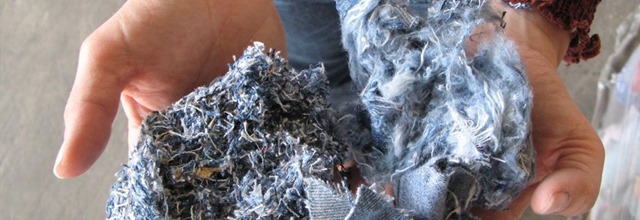
Our brands are now making jackets with the intention that they will be fully recyclable once done with use
With the innovation of Rab’s new Arc Eco Jacket, this represents a new type of waterproof that can be fully recycled when it has eventually expended its use. After a long journey of high performance over years of adventure when the Arc Eco eventually wears out, it can be recycled. Made from 100% post-consumer recycled polyester, Pertex Shield Revolve is made from a polyester face, polyester membrane and polyester backer. This monopolymer, or single type of material, not only has a reduced impact during production, it paves the way to be recycled again at the end of its life.
On the other end of the brand spectrum, the folks at Páramo actually go so far as to take used Páramo jackets back off those who’ve owned them providing both a discount on a new jacket for the owner as well as a new life for the old jacket, both repairing and revitalising the jacket in order to sell on once more at a discounted price through the Páramo seconds store. Extending the life of the product in this way ensures that it gets as much use as possible.

More and more of our brands are rejecting the use of Polyfluorinated compounds in their products
Polyfluorinated compounds (PFCs) are a chemical with many different varieties. Their main use is in their water and oil-resistant properties which make them very useful in a number of products such as car wax, nonstick pans, and of course waterproof jackets. However, these chemicals also have a bad side which heavily takes their toll on the environment. Thanks to their strong molecular bonds, PFCs do not readily break down. This means that when a jacket is thrown away or even washed, PFCs are released into the environment and are then there to stay. These chemicals when built up in large numbers put simply, are toxic to different ecosystems and are very difficult to get rid of.
A number of our brands are embracing a future that is PFC-free. Páramo has been doing so for years as one of the first companies to banish them from their products for good. Instead, Páramo relies on the fantastic PFC-free, water-resistant properties of their sister company, Nikwax. Nikwax DWR treatments are now used across several of our brands including Rab. Other brands are also now using their own PFC-free methods of creating that wonderful water-resistant finish on all of their jackets.

All of our brands have a form of Fairtrade certification
Every decent outdoor garment requires the eye and skill of an experienced maker. In the industry today, it is impossible to make an ethical product without treating the manufacturers fairly for their great work. It takes an immensely talented workforce to craft the kinds of waterproof jackets which our brands bring out. That is why it is so important that these talented people are properly compensated for their superb work.
To begin, all of our brands are Fairtrade certified, however, some have pushed it further by aligning themselves with other independent organisations whose chief aim is to create an industry that thrives to be the most ethical it can be.
Rab and Mountain Equipment are both members of the Fair Wear Foundation, a non-profit organisation. They know there’s a better way to make clothes. Their mission is to see a world where the garment industry supports workers in realising their rights to safe, dignified, properly paid employment.
Páramo’s partnership with the Miquelina Foundation in Bogotá, Colombia began in 1992. This partnership gives valuable opportunities for vulnerable people – women at risk of poor living and drugs are offered training and employment, homes, and childcare. Over 80% of Páramo’s annual production occurs at Miquelina, including all their Analogy waterproof garments. All garments manufactured at Miquelina carry the World Fair Trade Organization Fair Trade label.
Take a look at our superb range of eco-friendly waterproof jackets HERE

